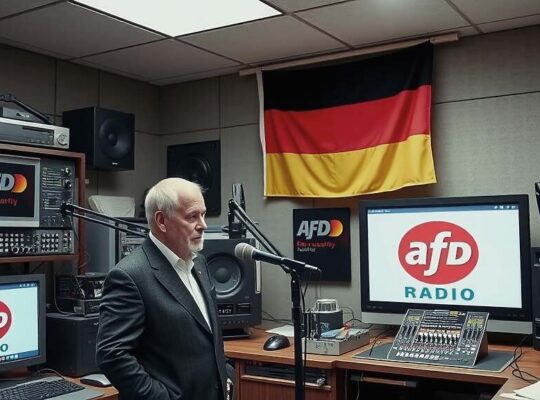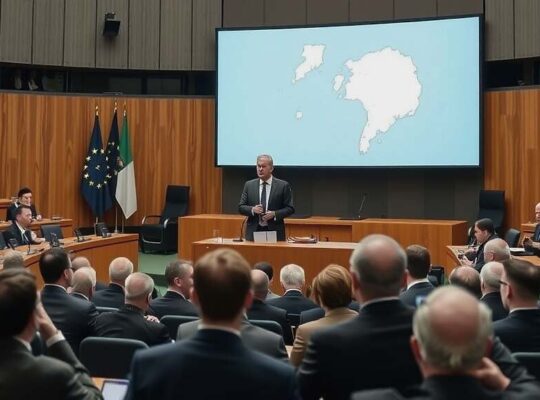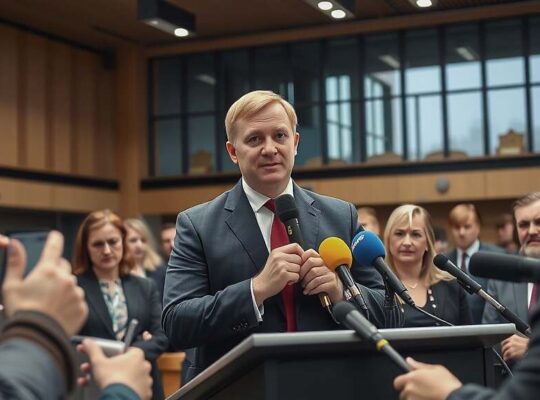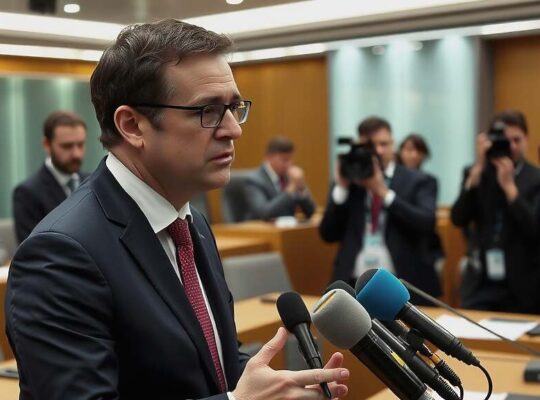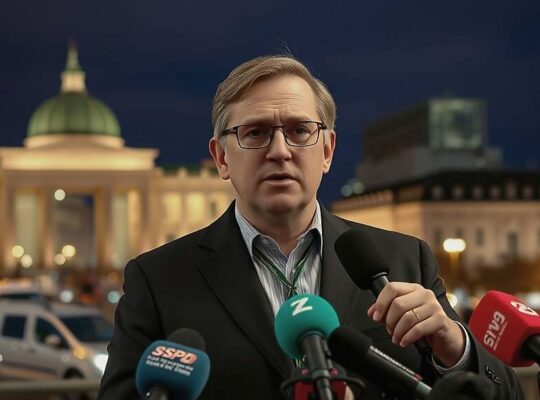The recent comments of Brandenburg’s State Premier Dietmar Woidke have sparked internal dissent within the Social Democratic Party (SPD), raising critical questions about the viability and potential pitfalls of attempting to isolate the far-right Alternative for Germany (AfD). Woidke’s assertion, made Monday during a press conference, suggested the AfD held the power to render the customary “firewall” against extremist parties superfluous by purging its ranks of extremist elements – a proposition now facing considerable skepticism.
Woidke’s statement – which posited that the AfD could become more palatable by disavowing all “extremists, neo-Nazis, former NPD members and many others who despise this state, who despise democracy and freedom” – was intended, ostensibly, as a challenge. However, it has instead ignited a debate over the strategic wisdom of even entertaining such a scenario.
Several SPD parliamentarians have distanced themselves from the suggestion, emphasizing the imperative of maintaining a firm stance against any collaboration with right-wing extremism. Bavarian SPD leader Sebastian Roloff acknowledged the importance of highlighting the impossibility of partnership with extremists but questioned the probability of the AfD undergoing the radical internal cleansing Woidke proposed. “The notion that the AfD would exclude a significant portion of its leadership and membership to align with the democratic spectrum seems highly improbable” he stated.
Ralf Stegner, another SPD parliamentarian, delivered a more pointed critique, sarcastically suggesting that if the AfD were to eliminate all extremists, the party would essentially cease to exist. “Because anyone who tolerates such leaders is, themselves, an extremist” Stegner told “Der Spiegel”. He dismissed Woidke’s conditional phrasing as an “irreality.
Even within Woidke’s own Brandenburg SPD regional chapter, reservations are evident. Maja Wallstein, a parliamentarian representing Cottbus, expressed a cautious perspective, acknowledging a lack of obvious shared policy ground while maintaining a commitment to cooperating with parties that uphold democratic principles. Wallstein pointedly argued that the AfD’s continued selection of “extremists for its highest offices” renders the question of cooperation moot and implied that Woidke, in principle, shared this view.
The controversy highlights a broader tension within the SPD: the difficulty of balancing a principled opposition to extremism with the pragmatic need to formulate counter-strategies against the AfD’s growing political influence. Woidke’s statement, intended perhaps as a provocative thought experiment, has instead amplified anxieties about the potential for unintended consequences and the danger of inadvertently legitimizing a party that remains a significant threat to Germany’s democratic foundations.




